- Advertise
-
Subscribe
All About Mojito
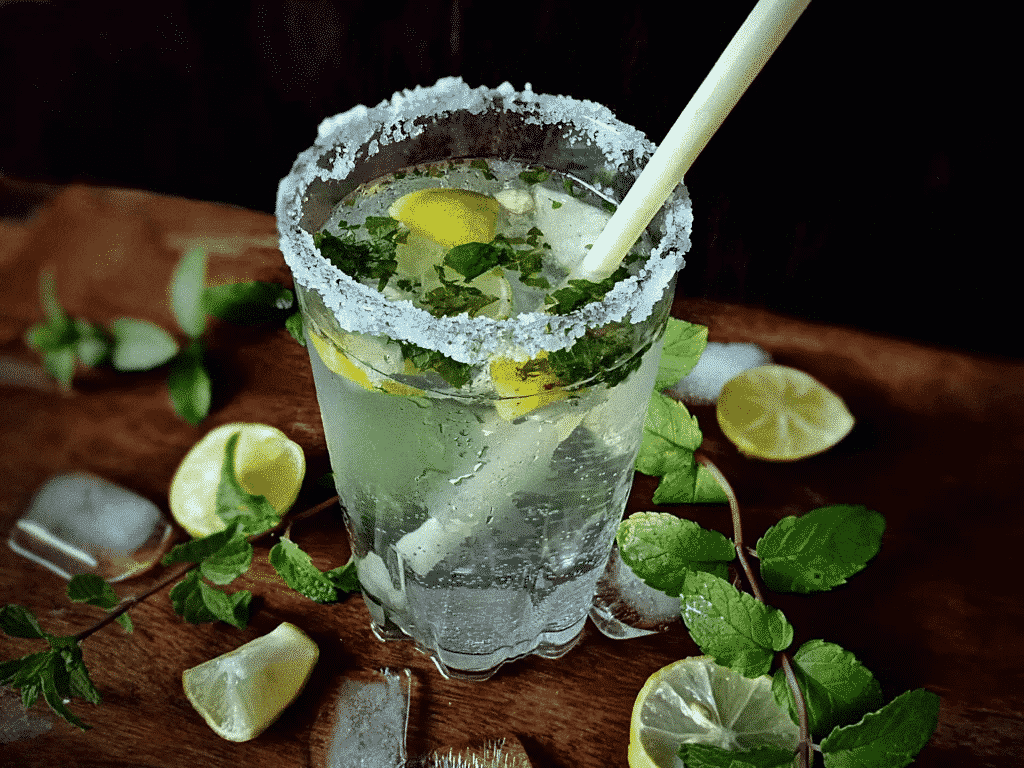
You can never go wrong when you’re ordering a mojito.
The cocktail has garnered a beloved reputation among drinkers, even earning a spot among the most popular cocktails in the world, with 91,600 monthly Google searches.
Maybe you order the Cuban cocktail at every bar or restaurant you step into. Or maybe it’s your drink of choice to make at home.
But how much do you actually know about the drink you claim to love?
History
Sources are in dispute over the real mojito origin story.
The one most commonly told is that Sir Frances Drake of England discovered it on his quest to ransack Havana of its gold and goods.
It was sometime in the 16th century, and the pirate and his crew found themselves not only unsuccessful in their endeavor, but also falling ill to scurvy.
Local South Americans had remedies for a number of diseases, and so a small party ventured ashore to Cuba and returned with ingredients for a medicine.
They combined alcoholic aguardiente, mint leaves, sugar cane juices and limes to create a concoction which surprisingly healed them from their illness.
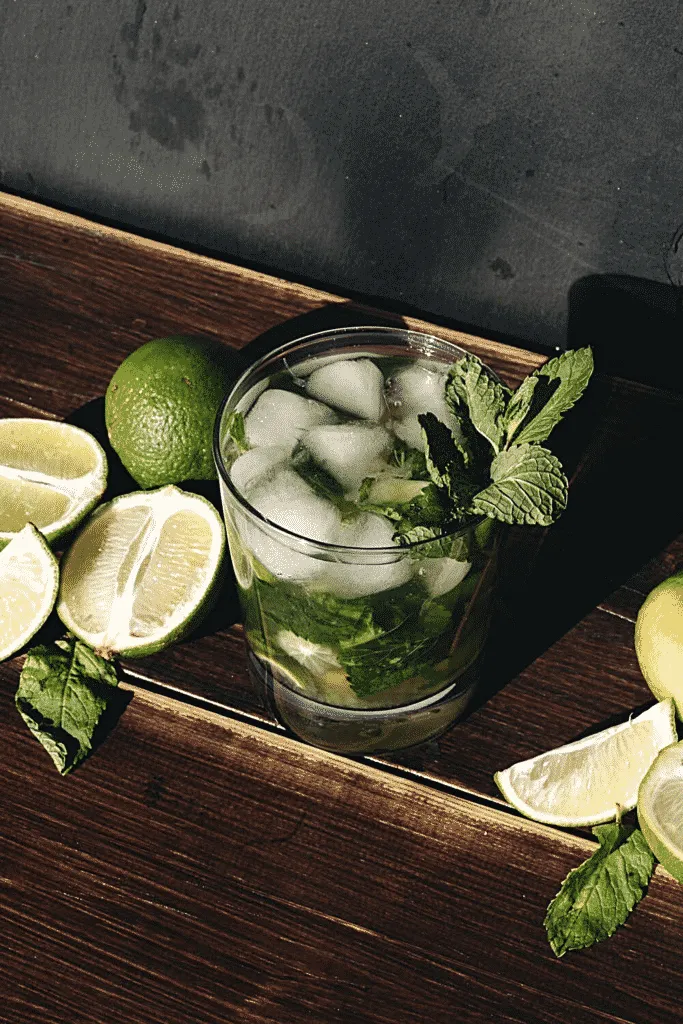
Reportedly, a similar cocktail started gaining popularity around Cuba some time after the incident, and was called “El Draque”, perhaps after Sir Drake himself.
Another account claims that the mojito was invented by African slaves working the fields of Cuba. The potion’s name supposedly comes from the word “mojo”, which means “to cast a spell.”
And the final iteration of the mojito’s dawning takes place at Ernest Hemingway’s favourite bar in Havana, La Bodeguita del Medio. The bar claims that the drink was first created right in their own kitchen.
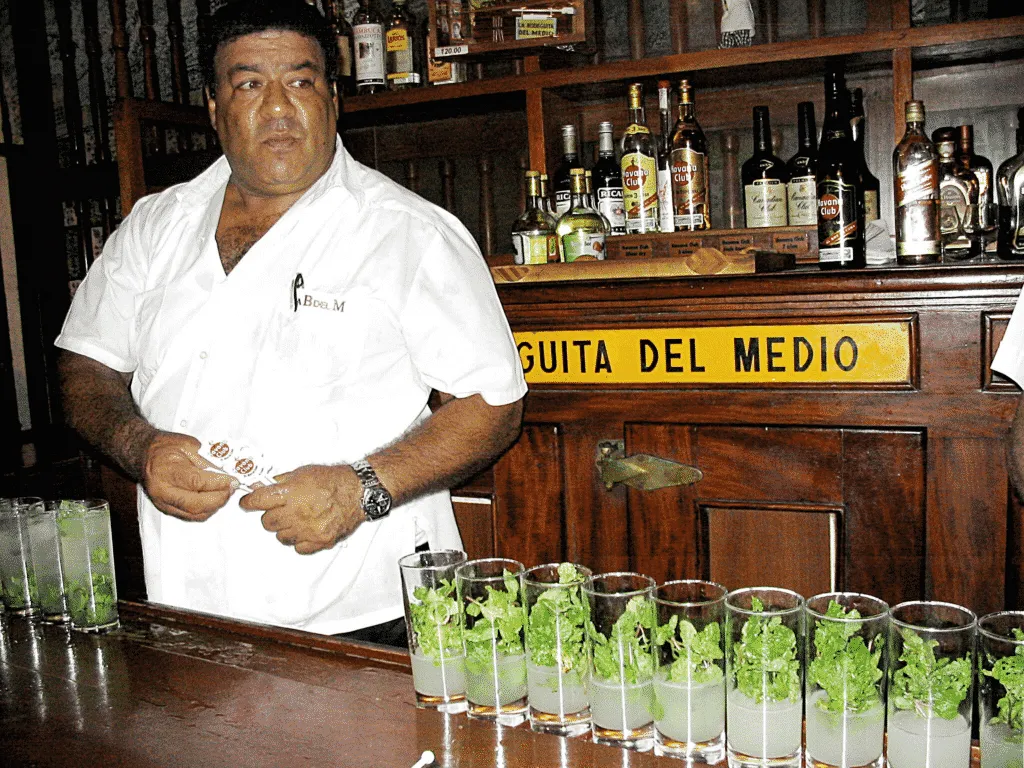
What’s in it?
A classic mojito is only made up of five main ingredients:
1 ½ oz. white rum
1 oz fresh lime juice
2 teaspoons sugar
6 leaves of mint
Soda water
The sweet and citrusy combination mixes well with the harsh taste of rum, and the touch of mint freshens up the entire cocktail, making it a summer favourite.
Generally, the alcohol content in most mojitos ranges from 10-15%.
Variants
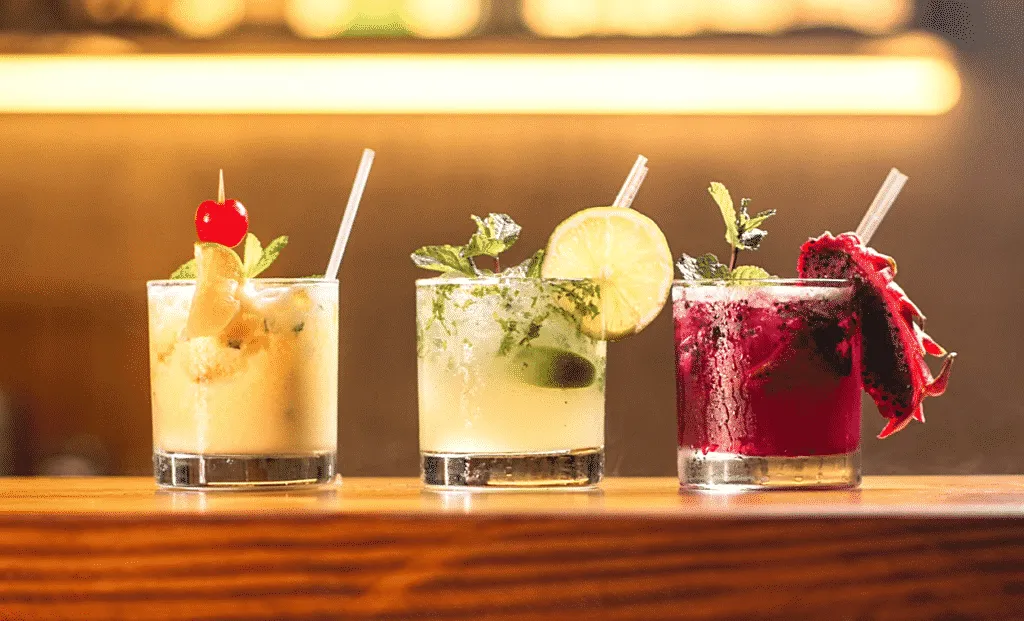
People have found all kinds of ways to add new tastes to your basic mojito. Many variations of the drink add fruit juice to achieve different flavors.
From pineapples, strawberries, peaches, mangos to the whole fruit basket, if you can think of a fruit, there’s probably a mojito recipe for it.
Other alternatives, such as the Blue Curacao Mojito, benefit from flavoured liquor, and the Dark Mojito recipe substitutes the usual white rum for dark, giving it a stronger kick.
How it’s served
Bartenders strongly recommend that the mojito be served in a tall glass. Traditionally, that’s how the Cuban mojito would usually be presented.
The exact type of glass doesn’t really matter as long as there’s enough space for all elements of this drink to properly mix together (although a Collins is usually recommended).
The reason you might sometimes get your minty drink served in a short glass, or a rocks glass, is simply an issue of making profit. Bars must have realized that serving less of the drink but charging the same as a larger amount is better for cutting costs.
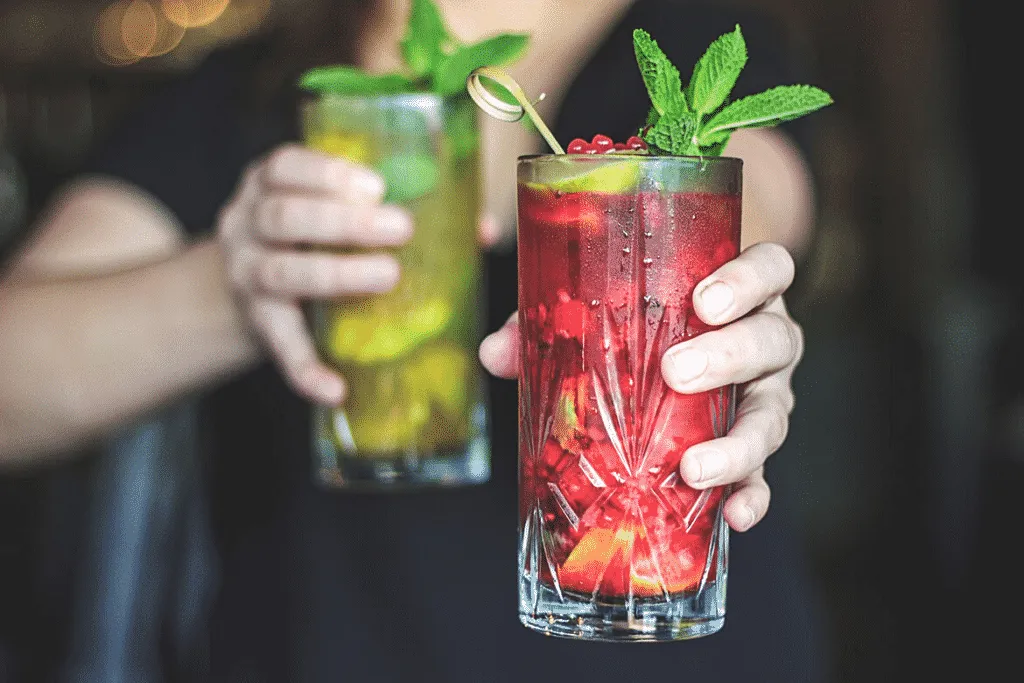
Who would’ve thought?
Hall of fame
Who can forget the mojito’s iconic appearance in the 007 film, Die Another Day (2002)?
The scene takes place in Cuba (obviously), and the summer is as hot as ever.
Bond offers the drink to NSA agent Jinx Johnson with the famous phrase: “Mojito? You should try it.”
Do it yourself
Making a standard version of this cocktail is a fairly simple task.
Once you have the primary ingredients, all you really need is a muddler. It’s an essential tool when it comes to mojito making, as it is designed to press and mix together the drink’s elements. This releases the infusion of herbs and fruits, allowing it to saturate when the rest of the ingredients are added.
A simple recipe for one serving requires:
12 leaves of mint, 2 lime slices, 1 teaspoon sugar (or to taste), ¼ cups of ice cubes, 1 jigger rum, and 1 ½ ounces of diet lemon lime soda.
The instructions are easy. First, you place mint leaves, lime slices, and sugar at the bottom of a glass and muddle until the mint is crushed. Then, add ice cubes as well as rum and soda.
After that, all you need to do is stir, and you’ve just made your first mojito.
And we know for sure it won’t be your last.






